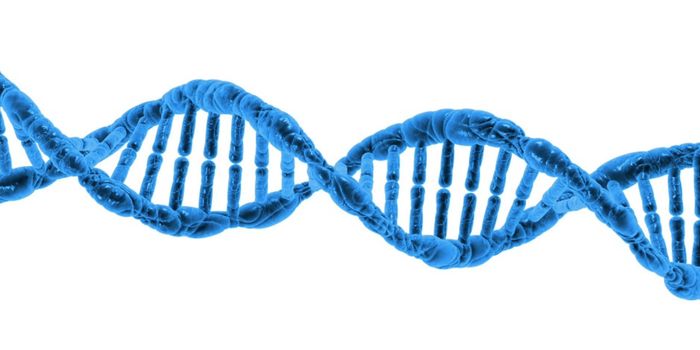Molecule Can Reduce the Growth & Spread of Breast Cancer
Scientists at the Louisiana State University Health New Orleans School of Medicine have found that a protein they discovered called Nischarin can help stop breast cancer from growing and spreading. The researchers are hopeful that their work will improve therapeutics for the disease; the study has been reported in Cancer Research.
The team led by Suresh Alahari, Ph.D., the Fred Brazda Professor of Biochemistry and Molecular Biology at LSU Health New Orleans School of Medicine found that Nischarin functions in the suppression of tumor growth. The molecule is a part of several cellular processes and helps control the movement of breast cancer cells.
In this work, the researchers looked at exosome release, in which small sacs called exosomes, which are full of fluid and cellular material like proteins, break away from cells. When exosomes are released from tumor cells, they contain chemical signals that can encourage the growth and metastasis of cancer. Tumor exosomes can also impact how cells around the tumor react, and how the tumor develops and progresses. Cancer is most deadly when it metastasizes, and the investigators wanted to know how Nischarin was involved in this process.
The scientists determined that Nischarin influences the properties of those exosomes. Cells that contain Nischarin generate exosomes that can reduce the movement and adhesion of breast cancer cells and the size of tumors. Those Nischarin-positive cells also don’t release as many exosomes as those without Nischarin. When breast cancer cells were grown in the presence of exosomes that contained Nischarin, the growth of tumors was decreased, and lung metastasis was reduced.
"This novel role for the tumor suppressor Nischarin not only increases our understanding of the exosome biology but can be translated to identifying new targets for modulating cancer metastasis," explained Dr. Alahari. "Inhibition of the secretion of exosomes may serve as an effective treatment for cancer."
Breast cancer is the second-most common cancer impacting women in the United States (after skin cancer), with an estimated 266,120 new cases in 2018 alone. According to the National Cancer Institute, 40,920 people were killed by breast cancer in 2018. This work may help reduce the number of breast cancer deaths in the future.
"It has been shown that exosomes can be developed as carriers for delivering drugs," Alahari noted. "Nischarin-expressing exosomes in combination with drugs will likely have [a] very good therapeutic effect on breast cancer patients."
Sources: AAAS/Eurekalert! Via Louisiana State University Health Sciences, National Cancer Institute, Cancer Research
-
APR 30, 2024Immuno-Oncology Virtual Event Series 2024
-
MAY 07, 20243rd International Biosecurity Virtual Symposium
-
JUN 06, 2024The Future of Scientific Conferencing
- See More

















































